Why Ethical Coffee Is The Best Way to Start The Day
Words / Martin Oliver
Coffee – the drink that everyone loves.
However this lifestyle phenomenon deeply imbedded into our daily routines has a dark side linked it to unethical practices. Here’s a guide to finding a brew you can continue to enjoy but with a clear conscience. A multi-billion-dollar commodity, coffee is a national favourite in Australia, with most workers starting the day with a nutritious breakfast and a big cup of the brew.
Issues in the coffee free-market
Coffee has been linked to a range of serious concerns, including rainforest destruction, monocultures, pesticides, pollution from processing residues, slavery, child labour and producers being forced to sell to middlemen for half of the market price. All these can be tackled via consumer choices.
Buying cheap coffee is likely to be contributing to these problems because it forces the need for corners to be cut somewhere. To avoid beans that literally costs the Earth it’s worth paying more.
The importance of shade-grown
In its natural habitat, coffee is a small tree that grows in the forest understorey. Shade-grown coffee farms are associated with greater numbers of migratory birds as well as butterflies, insects, bats, frogs and other animals. Shade coffee is typically grown by small-scale farmers and its yield is relatively modest, but consumers generally feel it has a better taste. When looking for shade-grown, third-party certification is important.
Sun-grown beans involves transplanting the crop from its natural habitat into a monoculture plantation setting, frequently resulting in forest loss. Economic viability is enhanced, with trees grown in higher densities. However, it’s less sustainable on every count. More fertiliser and pesticide use is required, water consumption is higher, there’s more chemical runoff and soil degradation and erosion are greatly increased.
Ethical certification
When applied to coffee, sustainability and the welfare of workers are important aspects of certification programs. Volumes of ethically certified coffee have experienced healthy growth in recent years. However, the term “sustainable” is a value judgement and not everyone looking for sustainable coffee will be happy that it’s rarely certified organic.
Rainforest Alliance certification, with its frog logo, is applied to a range of commodities, using a mix of social, environmental and economic criteria. UTZ is another standard for coffee, cocoa and tea, based on labour and environmental criteria.
Domestically grown vs imported
Buying Australian-grown is an easy way to bypass most of the ethical pitfalls tied to the imported bean.
If a coffee shipment entering Australia or New Zealand is found to contain pests it’s likely to be fumigated using ozone-depleting methyl bromide or subjected to cold treatment. With the downside of increased food miles, reasons for choosing imported can include the opportunity to make a positive difference by buying Fairtrade.
Fairtrade
In the mainstream economy, the price of the bean is subject to some volatility. For farmers and producers, low prices put a squeeze on their livelihoods. The Fairtrade movement is designed to work by setting a minimum price that’s insulated from market fluctuations, with a goal of tackling poverty by giving coffee farmers and workers a living wage. When buying Fairtrade it’s vital to look for certification. The international Fairtrade logo is green and blue on a black background.
Buy organic
To be certified organic, at least 95 per cent of beans must have been grown organically, without synthetic fertilisers and pesticides, and chemical processing methods are prohibited. For most foods, buying certified organic is sufficient to achieve a good environmental outcome. However, in the case of ethical coffee, organic standards don’t necessarily tackle shade-grown and habitat preservation issues.
Disposable cups & the alternative
For convenience, takeaway coffee cups are handy but also an environmental disaster, with about a billion of them consumed annually in Australia alone.
- Alternatives include bringing your own mug.
- Ask your local café whether they have a genuinely recyclable paper-only cup.
- Another tip is to avoid accepting a lid unless you want one.



Sorry, the comment form is closed at this time.